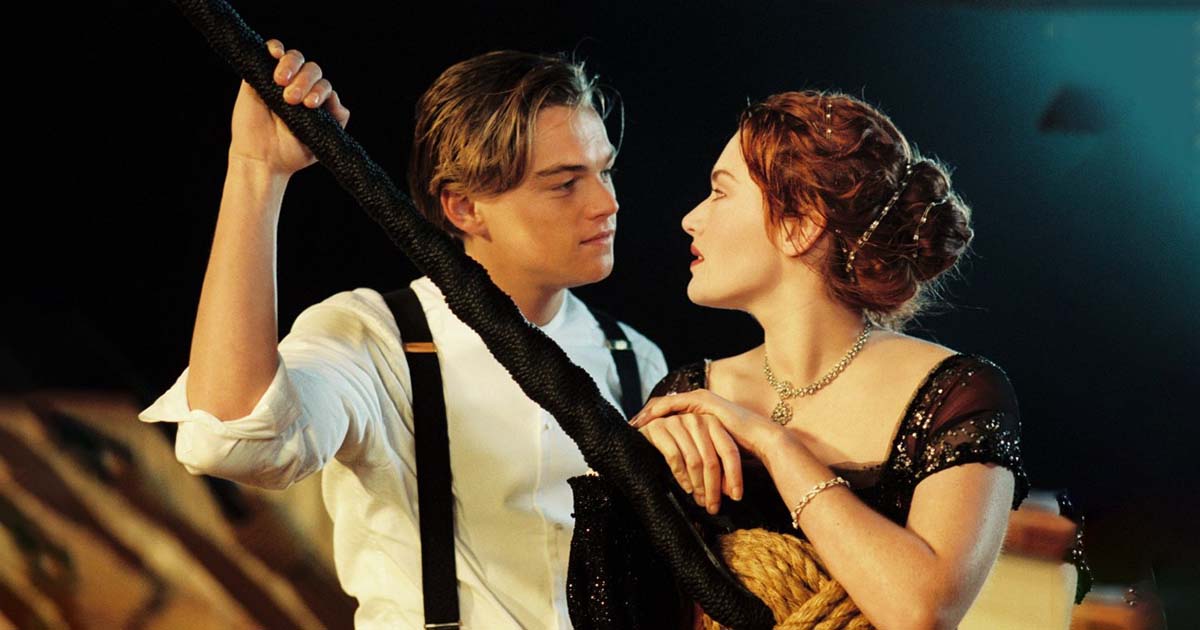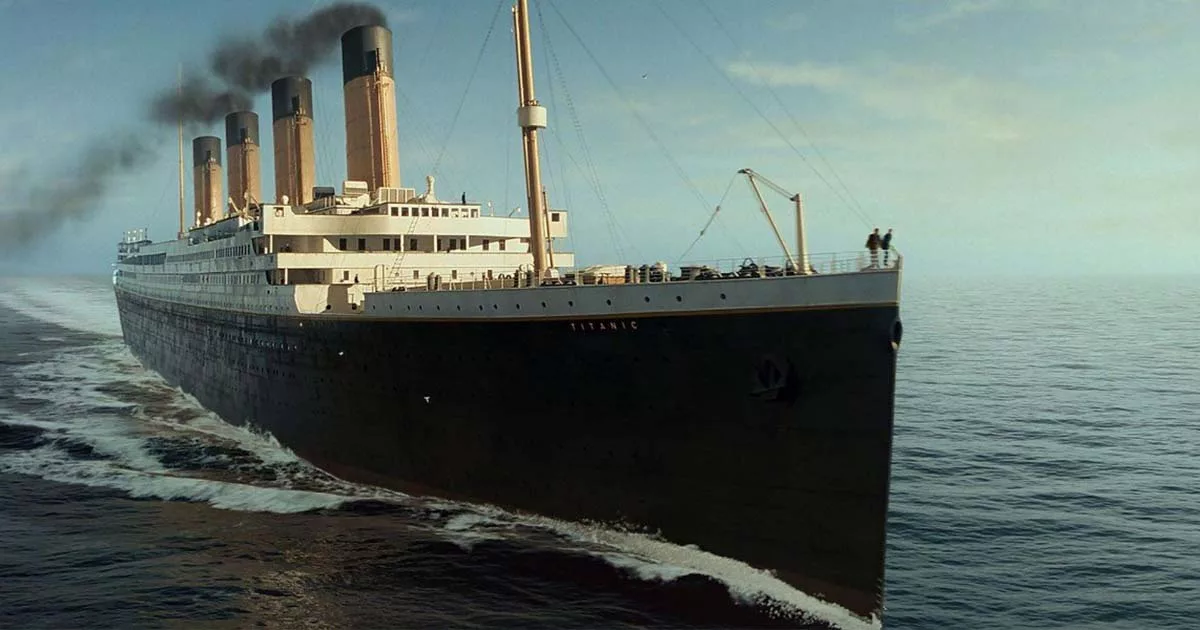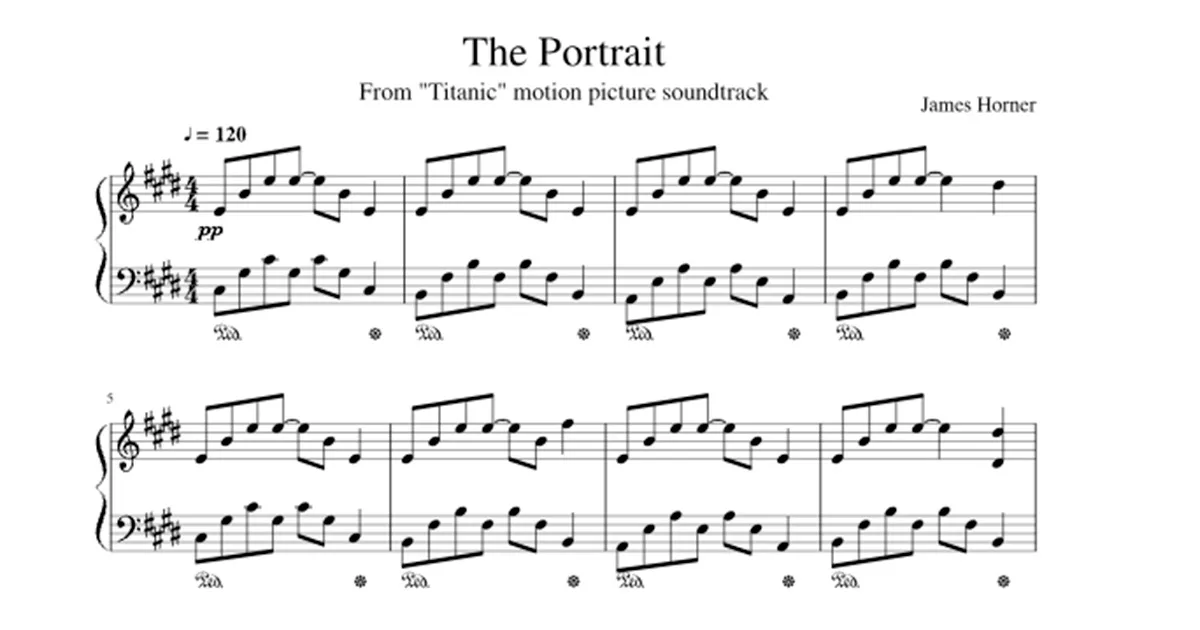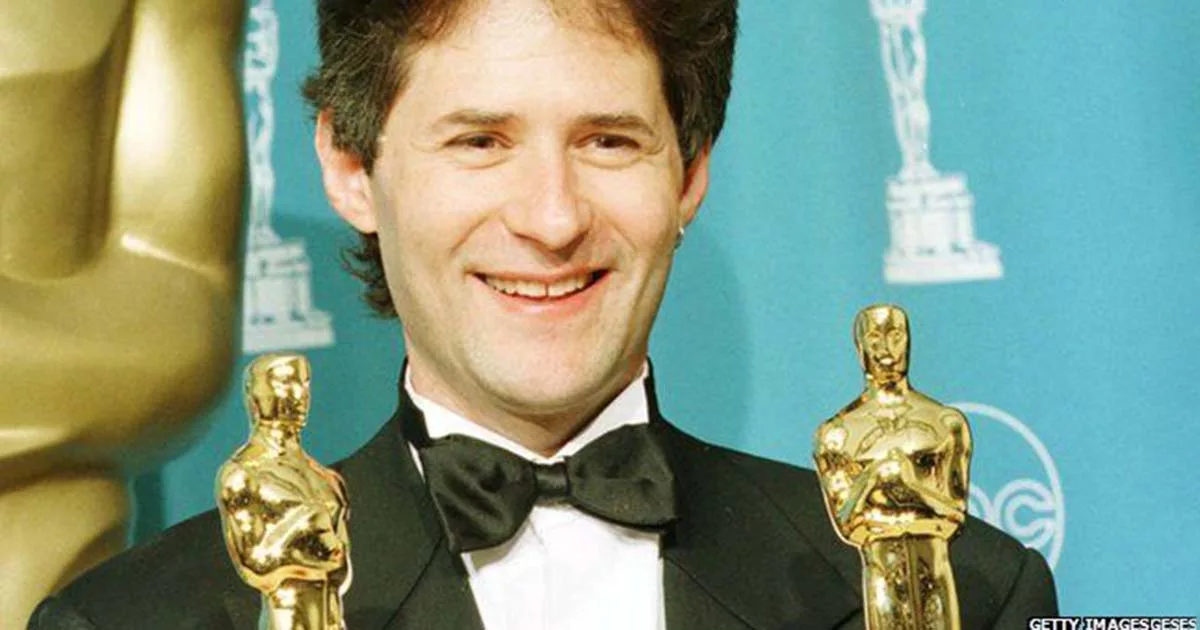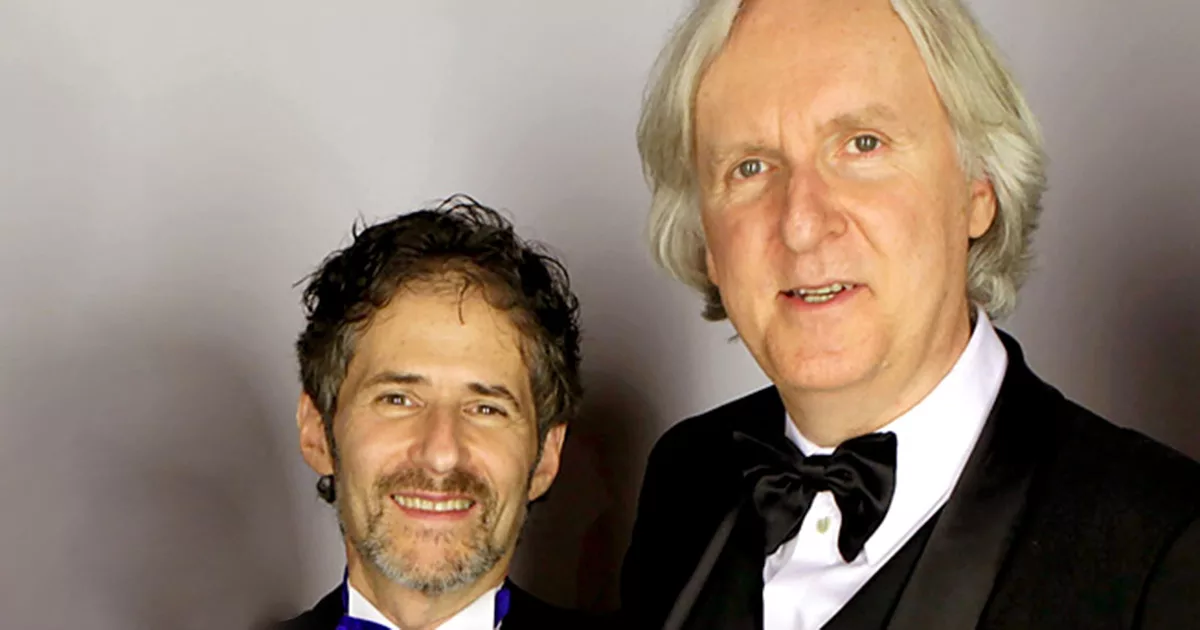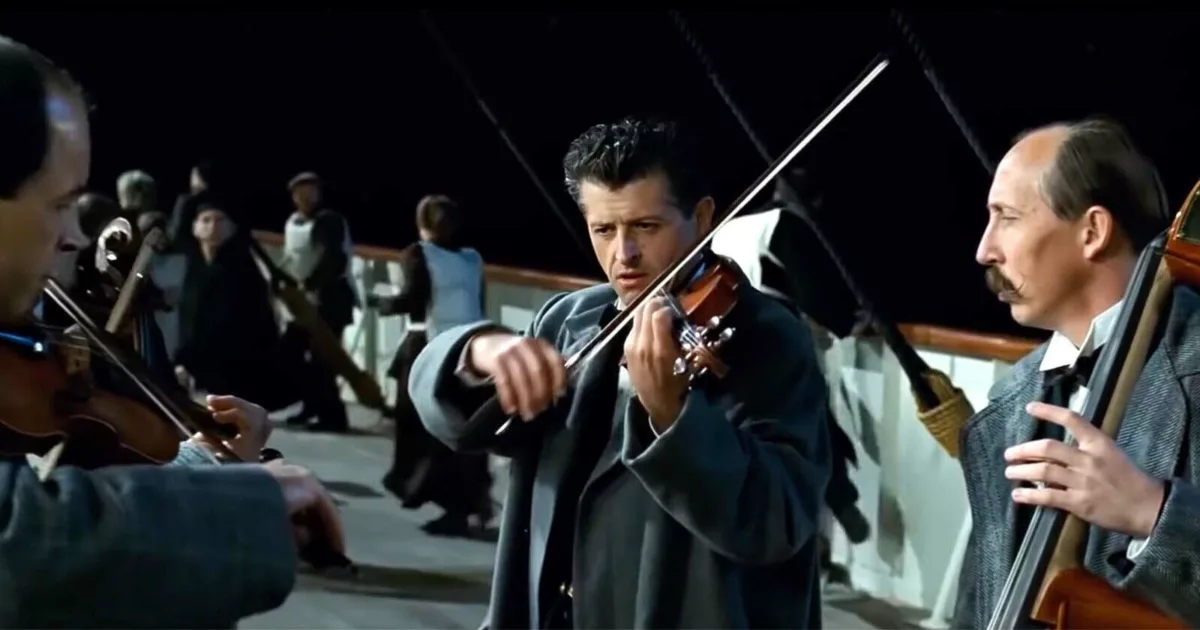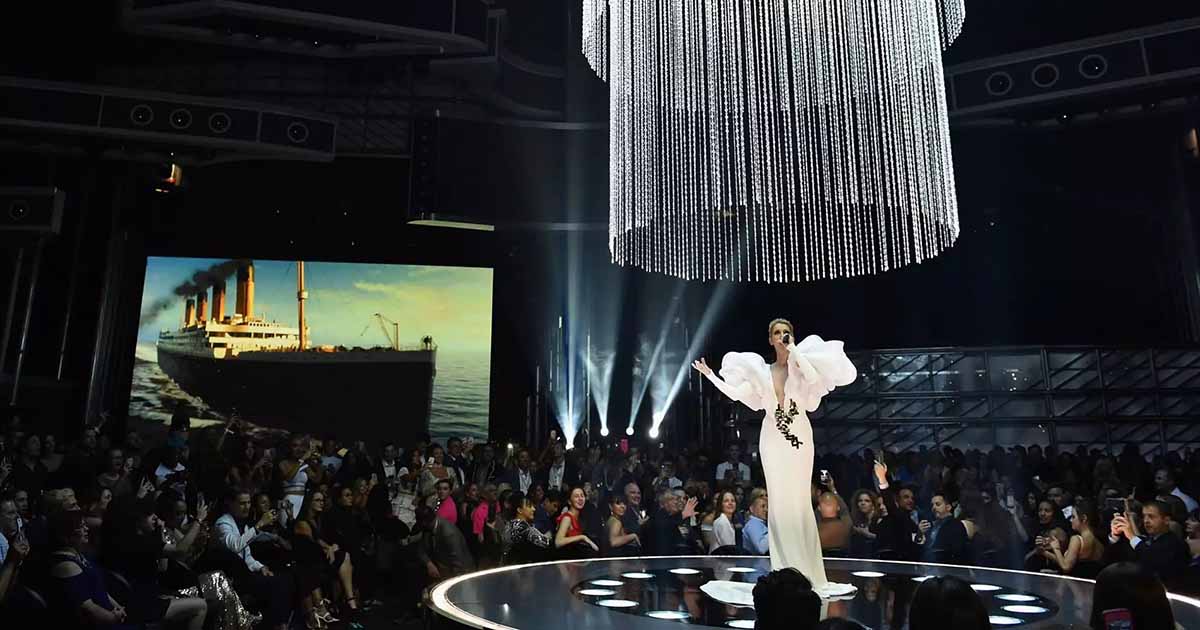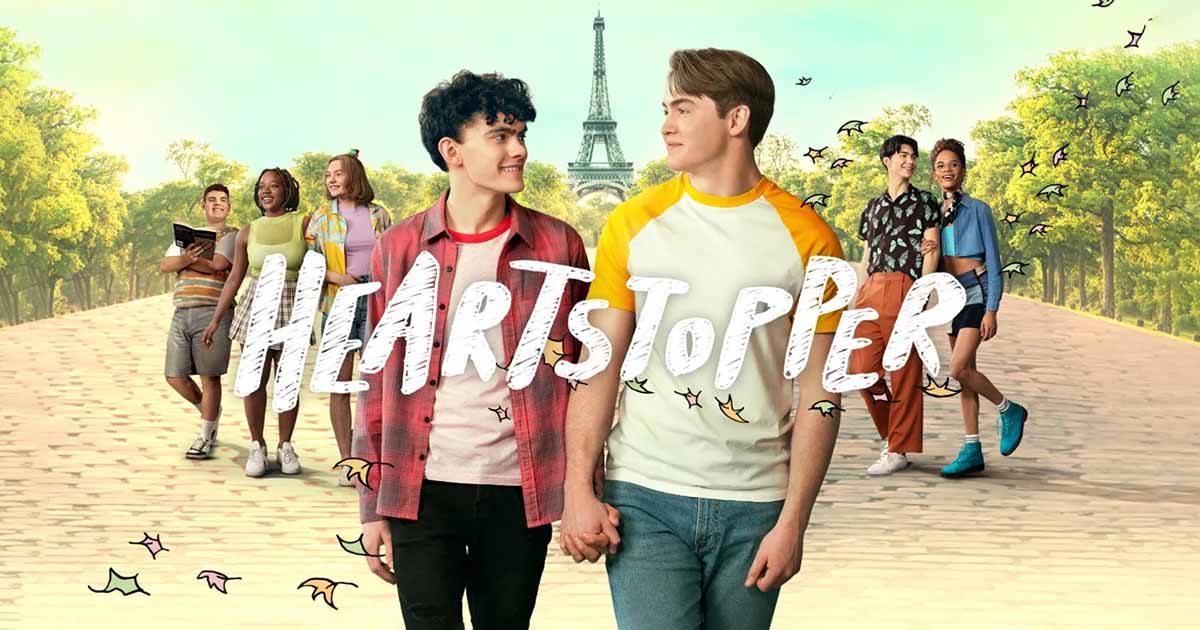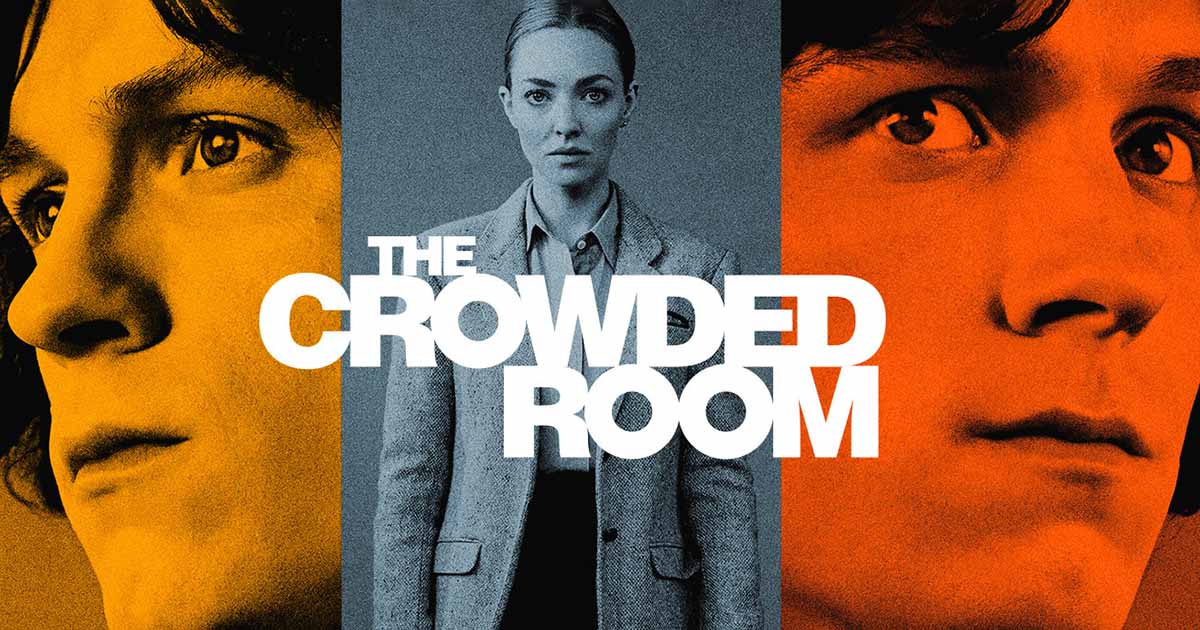Titanic is one of my favourite Soundtracks of all time, composed by the talented James Horner. I’ll explore the sounds, awards, the creation process, and the beautiful synergy between the music and the movie. All About the Titanic soundtrack.
Director James Cameron initially intended Enya to compose the music for “Titanic” and even used her music as a temporary soundtrack in a rough edit of the film.
However, when Enya declined, Cameron approached James Horner, despite their strained relationship after their previous collaboration on “Aliens.”
The soundtrack of “Braveheart” helped Cameron overlook their differences, and Horner took on the task of composing the music.
The Sounds of “Titanic”
Released in 1997, “Titanic” became an instant sensation, thanks in large part to its unforgettable music. Now available to stream on Netflix.
James Horner’s compositions captured the grandeur, romance, and tragedy of the ill-fated voyage of the Titanic.
The soundtrack weaves together sweeping orchestral pieces that evoke the ship’s scale and the ocean’s vastness and tender and romantic melodies that underscore the love story between Jack and Rose.
What is the song at the end of the Titanic movie?
The Iconic Song: “My Heart Will Go On”
One of the standout tracks from the soundtrack is the timeless ballad “My Heart Will Go On” sung by Celine Dion.
This powerful and emotional song struck a chord with millions worldwide and went on to win an Academy Award for Best Original Song.
Its lyrics and Dion’s heartfelt rendition perfectly captured the enduring love and impact of the story.
The Irish Music in “Titanic”
In an interview, James Horner expressed his disappointment about the exclusion of some of the Irish sequences from the “Titanic” soundtrack CD.
James mentioned that there was a significant amount of music that he had composed for those sequences that did not make it onto the CD.
The film had approximately two hours and eight minutes of music, while the CD could only accommodate around 72 minutes.
Horner acknowledged that the CD selection was challenging due to the time limitations.
However, he aimed to create a focused and emotionally impactful listening experience with the available tracks on the CD.
As a result, the CD does not fully reflect the Irish music that he had written for those sequences in the film.
While it may be disappointing for fans who enjoyed the Irish music in the movie, Horner’s intention was to create a cohesive and emotionally resonant soundtrack within the constraints of the CD’s time limitations.
Awards and Accolades
The soundtrack for “Titanic” received numerous awards and accolades, solidifying its status as a remarkable musical achievement. James Horner’s compositions, along with the memorable songs performed by Céline Dion, garnered critical acclaim and widespread recognition. Here are some of the awards and accolades received by the “Titanic” soundtrack:
Academy Awards (1998):
- Best Original Dramatic Score: James Horner
- Best Original Song: “My Heart Will Go On” – Music by James Horner, Lyrics by Will Jennings, performed by Céline Dion
Golden Globe Awards (1998):
- Best Original Song: “My Heart Will Go On” – Music by James Horner, Lyrics by Will Jennings, performed by Céline Dion
Grammy Awards (1999):
- Best Song Written Specifically for a Motion Picture or Television: “My Heart Will Go On” – Music by James Horner, Lyrics by Will Jennings, performed by Céline Dion
- Best Instrumental Composition Written for a Motion Picture or for Television: “Titanic Suite” – James Horner.
American Music Awards (1999):
- Favourite Soundtrack Album
Broadcast Film Critics Association Awards (1998)
The Creation Process
James Horner worked closely with director James Cameron to ensure that the score captured the essence of the film.
The music perfectly complemented the emotional rollercoaster that the characters and the audience experience throughout the movie.
Horner’s compositions range from powerful orchestral pieces that resonate with intensity, like the captivating “Hymn to the Sea,” to delicate and romantic melodies such as “Rose” and “Southampton.”
Each note tells a story and brings us closer to the heart of the film.
To achieve the choral background for certain tracks, James Horner utilized a digital choir rather than a real one.
After recording the orchestral music, Horner personally performed the synthesized choir over a playback of the recording.
This decision was made to avoid a “church”-like sound and to enhance the desired musical atmosphere of the film.
Memorable Songs from the “Titanic” Soundtrack
Here are some of the memorable songs from the “Titanic” soundtrack. Click on the title to listen on you tube.
“My Heart Will Go On”
Celine Dion’s powerful and emotional ballad became the movie’s signature song.
It’s impossible to forget the iconic chorus and how it captures Jack and Rose’s love story.
“Hymn to the Sea”
This orchestral piece by James Horner is a sweeping composition that captures the vastness and majesty of the ocean.
It’s a beautiful and haunting melody that evokes a sense of both wonder and sadness.
“Rose”
This romantic and tender piece reflects the blossoming love between Jack and Rose.
It’s a gentle and melodic tune that perfectly captures the emotional connection between the two characters.
“Southampton”
This track captures the excitement and anticipation of the Titanic’s departure from the port of Southampton.
It has an energetic and uplifting melody that sets the tone for the beginning of the film.
“Take Her to Sea, Mr. Murdoch”
This piece captures the urgency and tension during the ship’s ill-fated encounter with the iceberg.
It’s a dramatic and intense composition that conveys the impending disaster.
“Unable to Stay, Unwilling to Leave”
This poignant and bittersweet track accompanies the heartbreaking scene where Rose must say goodbye to Jack.
It’s a beautifully crafted piece that reflects the emotional turmoil of their separation.
These are just a few of the remarkable songs from the “Titanic” soundtrack.
Each track contributes to the overall emotional depth of the film and has played a significant role in making the soundtrack a timeless classic.
“A Life So Changed”, touched people’s hearts.
In an interview, James Horner talked about the track “a life so changed”:
“It did touch people’s hearts, and that is the beauty of film music. That’s why I want to carry on in this voice. The impact of the images makes my music more poetic, and conversely, I think that in some scenes, particularly Jack’s death, it transcends the power of his death even more.
At times Jim imposed silence to make the music stand out more; that’s how you reach people’s hearts.
Then, you have to understand people, the audience.
Titanic and my music record a whole consciousness.
When you hear the CD, this was what I Wanted, you go from remembrance to love, to death, then continuing life, without mentioning absolution: Never An Absolution. It’s human consciousness with all its qualities and defects.
It’s A Promise Kept… Hope, life, remembrance, love.”
The film closes with a variation on An Ocean Of Memories.
“Ocean and memory are such evocative words. I’m not sure there’s anything more to say. There is no dialogue at the end of the film. Just images and my music, Rose, Unable to Stay, Unwilling To Leave, and My Heart Will Go On. The rest is just appearances.”
James Horner
What songs did the band play in the Titanic movie?
In the “Titanic” movie, the band on the ship played various songs during different scenes. Some of the notable songs performed by the band include:
“Alexander’s Ragtime Band”
This lively ragtime tune is played during a scene where the ship’s band is entertaining the passengers in the dining room. It sets a joyful and festive atmosphere.
“Nearer, My God, to Thee”
This hymn is famously associated with the Titanic’s sinking. It is played by the band as the ship is sinking, providing a poignant and solemn moment.
Disc 4 of the “Titanic” soundtrack, titled “Source Music,” features a collection of songs performed by various artists.
These songs are typically heard within the film context during scenes involving characters dancing, socializing, or attending events on the Titanic. Here’s an overview of the songs on Disc 4:
“Valse Septembre” by Godin, performed by I Salonisti: This waltz is charming and elegant, setting a romantic mood.
“Marguerite Waltz” by Gounod, performed by Salonisti: Another waltz piece that exudes a graceful and melodic ambiance.
“Wedding Dance” by Lincke, performed by Salonisti: This lively dance tune creates a festive and joyful atmosphere.
“Poet and Peasant” by Suppé, performed by Salonisti: A classical composition with a spirited and energetic melody.
“Blue Danube” by Strauss II, performed by Salonisti: One of the most famous waltzes ever composed, this piece by Johann Strauss II is elegant and evokes images of swirling dancers.
“Song Without Words” by Tchaikovsky, performed by Salonisti: A melodic and expressive piece that showcases Tchaikovsky’s signature style.
“Estudiantina” by Lacôme and Lusignan, performed by Salonisti: A lively and playful tune that captures the spirit of a student gathering.
“Oh, You Beautiful Doll” by Nat D. Ayer and Seymour Brown, conducted by William Ross: A popular song from the early 20th century, known for its catchy melody and nostalgic charm.
“Blarney Pilgrims” (Traditional), performed by Gaelic Storm: An energetic Irish traditional tune featuring lively fiddle and other traditional instruments.
“John Ryan’s Polka” (Traditional), performed by Storm: A traditional Irish polka with a lively and infectious rhythm.
“Kesh Jig” (Traditional), performed by Storm: Another traditional Irish tune, this jig is characterized by its lively tempo and intricate melodies.
“Drowsy Maggie Dance” (Traditional), performed by Storm: A lively dance tune featuring rapid fiddle playing and a rhythmic pulse.
“Come Josephine in My Flying Machine” by Fred Fisher and Alfred Bryan, conducted by Ross: A nostalgic and whimsical song that reflects the early days of aviation.
“The Merry Widow” by Franz Lehár, conducted by Ross: An excerpt from Lehár’s famous operetta, known for its romantic and melodic qualities.
“Méditation de Thaïs” by Jules Massenet, performed by Salonisti: A beautiful and reflective piece from the opera “Thaïs,” featuring violin solos.
“Vision of Salome” by Joyce, performed by Salonisti: A captivating and exotic composition that reflects the allure of the biblical figure Salome.
“Titsy Bitsy Girl” by Ivan Caryll and Lionel Monckton, performed by Salonisti: A lighthearted and cheerful song with a catchy melody.
“Alexander’s Ragtime Band” by Irving Berlin, performed by Salonisti: A lively ragtime tune that captures the spirit of the ragtime era.
“Sphinx” by Francis Popy, Léo Pouget, and Pierre Chapelle, performed by Salonisti: A mysterious and atmospheric piece that creates a sense of intrigue.
“Barcarole” by Jacques Offenbach, performed by Salonisti: A serene and romantic song often associated with gondolas and waterways.
“Orpheus” by Jacques Offenbach, performed by Salonisti: A dramatic and emotive composition that reflects the tragic mythological character of Orpheus.
“Song of Autumn” by Archibald Joyce, performed by Salonisti: A melancholic and nostalgic tune that evokes the beauty of the autumn season.
“Nearer My God to Thee” (Extended Version) by Mason and Adams, performed by Salonisti: A poignant and moving rendition of the hymn, serving as a powerful musical moment in the film.
These songs, performed by Salonisti, Gaelic Storm, and conducted by William Ross, contribute to the immersive experience of the film, capturing the essence of the era and providing a backdrop for various scenes throughout the movie.
The Collaboration and Breakthroughs
During the creative process for the “Titanic” film, James Horner had a vision for the opening sequence that involved a wistful and elegiac tone.
He expressed his idea to director James Cameron, suggesting a simple, emotional piece with minimal instrumentation to accompany slow-motion images of soldiers heading off to war.
Horner believed that the contrast between the contemporary audience’s knowledge of the war’s outcome and the innocence of the young soldiers would make it heart-wrenching.
However, Cameron initially did not agree with this approach.
Months passed, and Horner continued to work on the film’s music, including the Main Title.
Despite holding onto his original vision, Horner respected that it was ultimately Cameron’s movie and followed the director’s preferences.
However, one day, Cameron invited Horner to his house to show him something.
To Horner’s surprise, Cameron had created a new title sequence on his Avid editing system, incorporating the music Horner had composed for other parts of the film.
The sequence featured sepia-coloured pictures of the ship leaving the harbour, perfectly capturing Horner’s intended mood.
It was the moment when Cameron had come around to accepting the film’s true essence rather than relying solely on his action-oriented reputation.
Excited by the new opening sequence, Horner wrote a piece of music to accompany it.
This marked a significant turning point, as it represented Cameron’s acceptance of the story’s more heartfelt and emotionally resonant aspects.
The collaboration between Horner and Cameron ultimately created a powerful and fitting opening for the movie.
Sissel Kyrkjebø: The Voice Behind the Soundtrack
Through her Norwegian records, James Horner discovered Sissel Kyrkjebø, the vocalist on the “Titanic” soundtrack.
James Horner came across Sissel Kyrkjebø, the vocalist on the “Titanic” soundtrack, by listening to her records in Norwegian.
He was drawn to the mood and style of her singing, which he described as having a Nordic and Scandinavian quality.
Horner appreciated how Sissel’s singing conveyed a connection with nature and a depth of soul.
In particular, Horner mentioned a song with an unpronounceable title on Sissel’s album that captured the explicit elements he was looking for.
The song “Eg Veit I Himmerik Ei Borg” showcased a different approach to singing, deviating from what one might expect from Continental or American singers.
Sissel’s unique style resonated with Horner and perfectly aligned with the emotional depth he sought for the “Titanic” soundtrack.
How many editions of Titanic Soundtrack have been released?
Original Soundtrack (1997): This is the soundtrack released alongside the film’s premiere, featuring James Horner’s original compositions and popular tracks like “My Heart Will Go On” performed by Celine Dion.
Anniversary Edition (2012): Released to commemorate the 15th anniversary of the film, this edition includes additional tracks and bonus material, providing an expanded listening experience for fans.
Collector’s Edition (2012): Collector’s editions are often released with special packaging, additional content, and sometimes limited edition collectibles. These editions may feature unique artwork or exclusive bonus tracks.
Remastered Editions (Various years): Over time, the soundtrack has been remastered to enhance the audio quality and provide a better listening experience. These editions often feature improved sound clarity and may include bonus tracks or special features.
You can stream all of them on Apple Music, Spotify, YouTube Music and Amazon Music.
Titanic Soundtrack Review
If you’re a music lover and a film aficionado, then James Horner’s Titanic: Music from the Motion Picture is an absolute must-listen.
This iconic soundtrack takes you on an emotional journey through the grandeur, romance, and tragedy of the ill-fated Titanic.
The standout track that still gives me goosebumps is the timeless ballad “My Heart Will Go On” sung by the incredible Celine Dion.
This song has become synonymous with the film and perfectly captures the enduring love and impact of the story.
It’s no wonder it won an Academy Award for Best Original Song. Prepare for it to get stuck in your head for days in the best way possible!
But the soundtrack offers so much more than just one unforgettable song.
James Horner’s compositions are a testament to his talent as a composer. From the sweeping orchestral pieces like “Hymn to the Sea” that evoke the vastness of the ocean to the delicate and romantic melodies such as “Rose” and “Southampton” that capture the blossoming love between Jack and Rose, every note tells a story and brings you closer to the heart of the film.
In addition to Horner’s compositions, the soundtrack also features a selection of source music, which adds depth and authenticity to the film’s setting.
The band on the Titanic performs various songs, including the lively ragtime tune “Alexander’s Ragtime Band” and the poignant hymn “Nearer, My God, to Thee.”
These songs add to the ambiance and emotional impact of the scenes, immersing you further into the era and the events taking place on the ill-fated voyage.
The creation process behind the music is fascinating, with Horner working closely with director James Cameron to ensure that every composition perfectly complements the emotional rollercoaster experienced by the characters and the audience.
Their collaboration resulted in a powerful and fitting soundtrack that stands the test of time.
One notable aspect of the soundtrack is the inclusion of Norwegian singer Sissel Kyrkjebø, whose unique style and connection with nature added depth to the music.
Her vocals, particularly in the song “Eg Veit I Himmerik Ei Borg,” perfectly aligned with the emotional depth sought by Horner for the Titanic soundtrack.
In the end, Titanic: Music from the Motion Picture is a masterful composition showcasing James Horner’s talent and ability to evoke powerful emotions through music.
It’s a soundtrack that transcends time, transporting you to the grandeur of the Titanic while capturing the human consciousness of remembrance, love, life, and hope.
So sit back, close your eyes, and let the music take you on an unforgettable voyage.
Check out the Brokeback Mountain Soundtrack!

